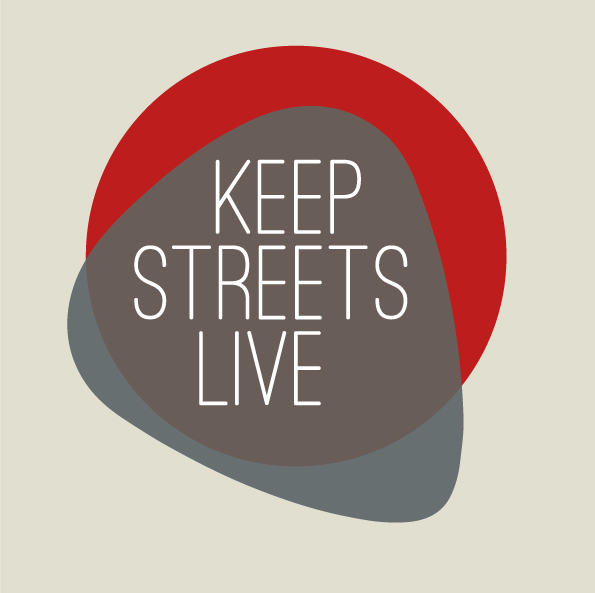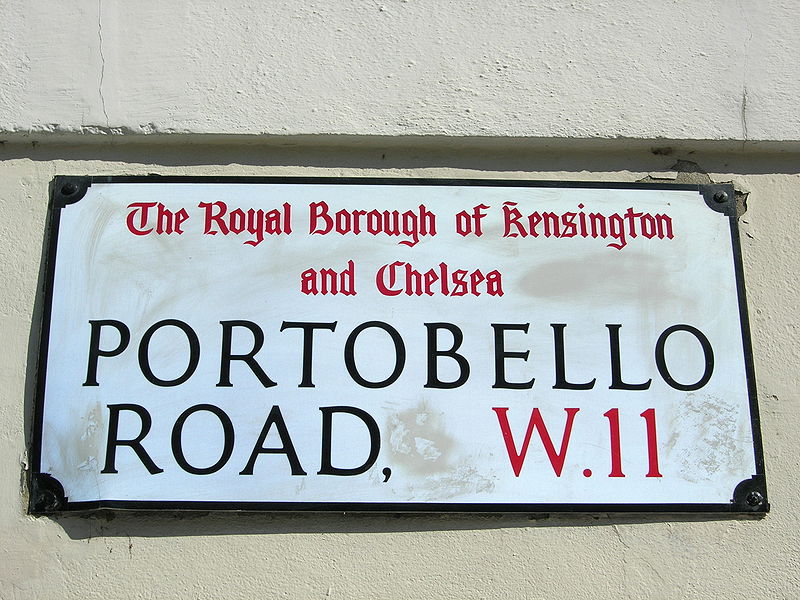Oxford City Council’s Attack on Civic Freedoms

Sign our petition to protect civic freedoms in Oxford
Freedom of expression is under threat in Oxford. Singing a song or playing a musical instrument on the streets without permission could soon become a criminal offence under new plans developed by the Labour controlled local authority.
Oxford City Council are proposing to use controversial powers contained in the Antisocial Behaviour Crime and Policing Act 2014 to make ‘non-compliant busking’ anywhere in the city a criminal offence amongst many other activities including riding bicycles on the wrong streets, feeding birds, sleeping rough and pavement art, or, in the words of Labour Councillor Dee Sinclair, one of the architects of these proposals, any behaviour which might make people ‘feel uncomfortable’.
It is no small irony that these attacks on civic freedoms are happening in Oxford, the birthplace of King John, exactly 800 years after the first Magna Carta was sealed. Whilst Oxford’s libraries hold over a quarter of the world’s copies of this ancient document, the principles of liberty, freedom of expression and justice are under direct threat from its city council with its proposals to use a ‘Public Space Protection Order’ (PSPO) to criminalise activities which are a normal part of the everyday life of the city.
Under Oxford’s proposals, ‘non-compliant’ busking would become a criminal offence, punishable by a fine of up to £1000 and a life long criminal record. Oxford is already one of the most restrictive cities for busking in the UK and ‘requires’ all buskers to provide passports, driving licenses and/or birth certificates as well as proof of address, and issues them with photo ID ‘Busking Cards’ before they are ‘allowed’ to busk. They have a highly prescriptive ‘voluntary’ code of conduct which places strict and arbitrary limits on where and when and for how long buskers can play, states that they must not be heard plainly from 50 metres and must stop performing for any reason if told to do so by a police or council officer (turning public officials into ‘civic Simon Cowells’ who can stop whatever they don’t like).
Importantly, Oxford’s busking policy currently has no formal basis in UK law which, in keeping with the tradition of liberty first enshrined in the Magna Carta, allows people to play music and sing on the streets without state interference provided that they are not causing a noise nuisance or obstructing the highway. Most towns and cities in the UK (Including York, Cambridge, Bath, Edinburgh, Leeds, Manchester, Liverpool, St Albans, Newcastle, Glasgow, Bournemouth and many others) do not require performers to obtain a ‘Busking Card’ or license before performing, and instead publish a code of conduct with expected behaviour and only take action against those buskers who cause specific issues.
Oxford City Council spuriously claim that ‘non-compliant’ buskers cause ‘unfair and unsafe’ practices (which they don’t specify) and that they need additional powers to use against those buskers who don’t obtain a ‘Busking Card’. But state licensing of street music is an infringement on freedom of expression because it gives council officials and police officers the arbitrary power to regulate cultural content and to pick and choose what they allow to happen, even when no laws are being broken. It is a threat to civil liberties by requiring musicians to surrender their personal details to the local authority when no offence has been committed. Additionally, it gives the local authority the power to arbitrarily remove a ‘Busking Card’ from anybody they don’t like, or to introduce charges which will prevent people who can’t afford a ‘Busking Card’ from busking. It is also unnecessary because the police and the local authority have a wide range of existing powers that they can use whenever any public nuisance or obstruction has been caused.
Oxford City Council’s proposal to use Public Space Protection Orders to regulate busking represent a clear misuse of the law in order to attempt to prop up a restrictive and illegitimate busking scheme by prioritising administrative convenience over and above cultural freedom. They represent unwarranted state interference with freedom of expression and are an unjustified threat to civic freedoms in public space, freedoms which are necessary in an open and democratic country. At the time PSPOs were being debated in Parliament the UK government gave firm assurances that the powers would not be used against buskers unless they were ‘an antisocial minority…aggressive beggars and drunken louts’. Oxford are trying to include any artist or musician who dissents from their busking scheme into the category of criminal. Actually, it is entirely possible to busk in Oxford without a ‘Busking Card’ without causing nuisance or having a detrimental effect on the life of those in the locality. Oxford’s proposals would therefore criminalise innocent people and have a chilling effect on the cultural life of the city.
The Keep Streets Live Campaign is a not for profit organisation which exists to protect and support informal perfomances of art and music in public spaces. We have successfully challenged unjust council busking policies in Liverpool, York and Canterbury where we now work alongside the local authority in both cities to introduce a Best Practise Guide for busking that works for the good of all. We have also advised the Mayor of London on his ‘Busk in London’ scheme designed to make London ‘the most busker friendly city in the world’. We are urgently seeking the repeal of anti-busking legislation by working with Liberal Democrat peer Lord Clement Jones whose Live Music Act 2012 was a landmark victory for live music and culture in the UK and who asked the government searching questions in Parliament about the misuse of the Antisocial Behaviour Crime and Policing Act 2014 to curtail busking.
We urgently invite Oxford City Council to abandon their attempt to criminalise and marginalise street musicians by using PSPOs, and instead to work alongside the Musician’s Union, local buskers and the Keep Streets Live Campaign to design a policy that works for all such as the the best practise guide we developed alongside Liverpool City Council with the full participation of the busking community there and the Musician’s Union.
In the 800 years since the Magna Carta was first issued, freedom has been a cornerstone of British democracy. As the City which houses some of the oldest copies of that document, we call upon Oxford City Council to rethink its plans to use PSPOs to criminalise a wide range of activities that should not be in the realm of criminal law or else the local authority risks creating a relationship of antagonism towards those it exists to serve whilst making the city a more alienating and less welcoming place for all who live, work and visit it.
Follow this link to the complete Oxford City Council’s online consultation on these proposals.





